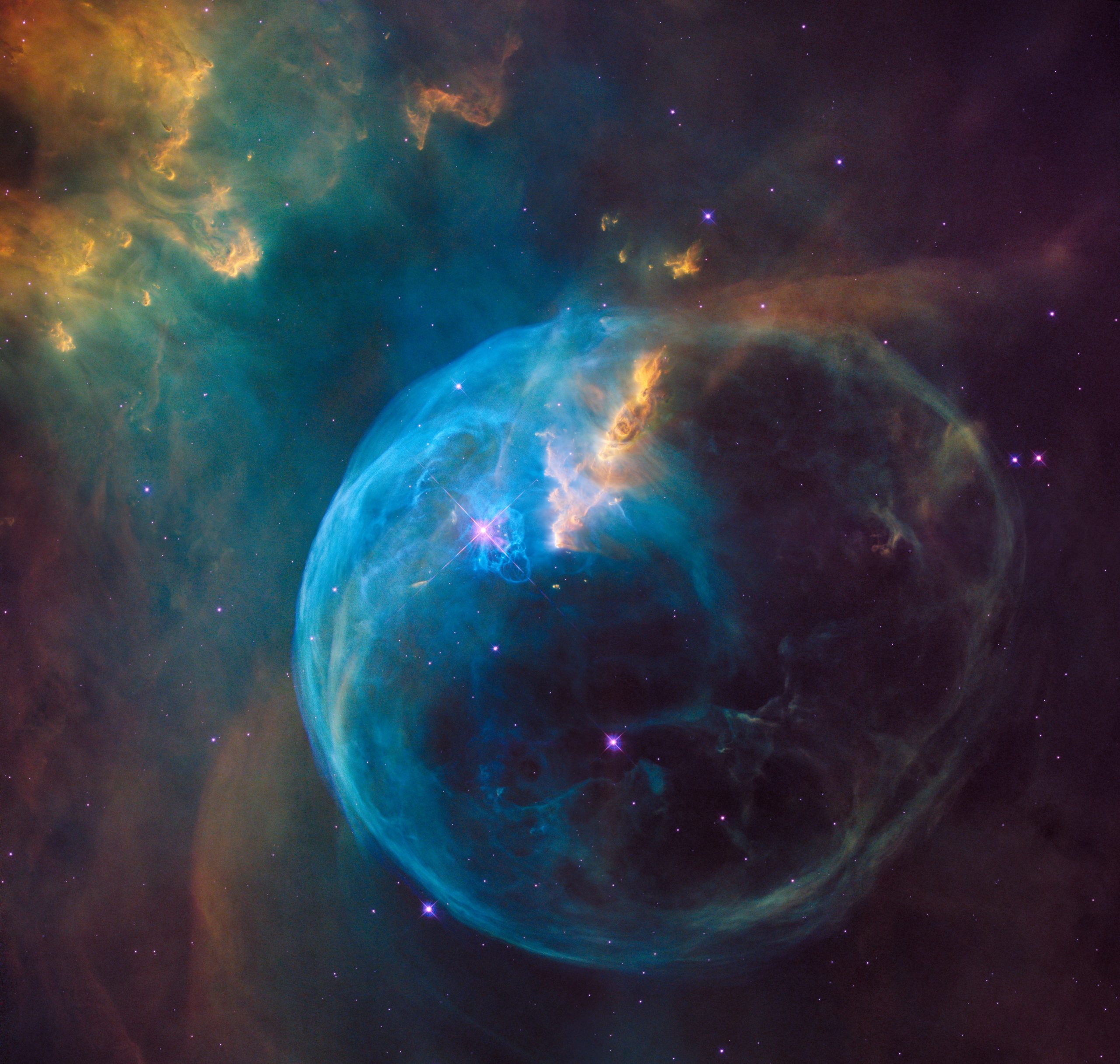How Does the Chinese Calendar Work?
The Chinese calendar, also known as the Lunar calendar or the Agricultural calendar, has been used for thousands of years in China and other East Asian countries. Unlike the Gregorian calendar which is widely used in Western countries, the Chinese calendar is based on the cycles of the moon and the positions of the sun. It’s a fascinating system that is deeply rooted in Chinese culture and traditions. In this blog post, we will explore how the Chinese calendar works and its significance in Chinese society.
The Lunar Months
At the core of the Chinese calendar are the lunar months. Each lunar month begins with a new moon and ends with a full moon. In total, there are 12 lunar months in a year, with each month consisting of either 29 or 30 days. This is in contrast to the Gregorian calendar which has fixed month lengths.
The lunar months are named after the zodiac animals in a 12-year cycle: Rat, Ox, Tiger, Rabbit, Dragon, Snake, Horse, Sheep, Monkey, Rooster, Dog, and Pig. Each zodiac animal is associated with specific characteristics and attributes, and it is believed that people born in a certain zodiac year inherit these traits.
The Solar Year and Leap Months
While the lunar months form the basis of the Chinese calendar, it is also synchronized with the solar year to ensure seasonal accuracy. The solar year, based on the sun’s movements, lasts approximately 365.24 days, which is why leap years exist in the Gregorian calendar.
In the Chinese calendar, to account for the discrepancy between the lunar and solar years, a leap month is added every few years. This leap month, known as an intercalary month, is inserted between the 6th and 7th months of the lunar year. Its purpose is to maintain alignment with the solar seasons.
The Sexagenary Cycle
Another significant element of the Chinese calendar is the Sexagenary cycle, also known as the Heavenly Stems and Earthly Branches. This cycle combines ten heavenly stems (Tian Gan) and twelve earthly branches (Di Zhi) to form a 60-year cycle. Each heavenly stem and earthly branch corresponds to a specific element and animal sign.
The ten heavenly stems are: Jia (Wood), Yi (Wood), Bing (Fire), Ding (Fire), Wu (Earth), Ji (Earth), Geng (Metal), Xin (Metal), Ren (Water), and Gui (Water). The twelve earthly branches are: Zi (Rat), Chou (Ox), Yin (Tiger), Mao (Rabbit), Chen (Dragon), Si (Snake), Wu (Horse), Wei (Sheep), Shen (Monkey), You (Rooster), Xu (Dog), and Hai (Pig).
By combining the heavenly stems and earthly branches, each year can be uniquely identified. For example, the current year (2022) is represented by the heavenly stem Geng and the earthly branch Yang, creating the year symbol Geng Yin. This combination repeats in a 60-year cycle.
The Chinese New Year
The Chinese New Year, also known as the Spring Festival, is the most important traditional holiday in China. It marks the beginning of a new year on the Chinese calendar and is celebrated with great enthusiasm and joy. The date of the Chinese New Year varies each year as it is determined by the lunar calendar.
The Chinese New Year falls on the second new moon after the winter solstice, which typically occurs between January 21st and February 20th. The festival lasts for 15 days, and each year is associated with one of the 12 zodiac animals in the Chinese zodiac cycle.
The Four Pillars of Destiny
In Chinese astrology, the birth year, month, day, and time are believed to have a significant influence on a person’s destiny and characteristics. These elements are known as the Four Pillars of Destiny or Ba Zi.
Based on the lunar calendar, each person is assigned an animal sign based on their year of birth, representing their outer personality. However, the Four Pillars of Destiny delve deeper and assign animal signs for the year, month, day, and hour of birth, considering the influence of the heavenly stems and earthly branches associated with each of these elements. This creates a more detailed picture of an individual’s character, strengths, and weaknesses.
The Festivals and Traditions
The Chinese calendar is not just a tool to measure time but also a foundation for various cultural festivals and traditions. Many important holidays in China, such as the Lantern Festival, Dragon Boat Festival, and Mid-Autumn Festival, follow the lunar calendar.
These festivals are deeply meaningful and symbolize various aspects of Chinese cultural heritage, including family reunions, ancestor worship, good luck, and warding off evil spirits. They are celebrated with colorful parades, lantern displays, dragon boat races, fireworks, and traditional food and drinks.
In Conclusion
The Chinese calendar, with its lunar months, solar year synchronization, sexagenary cycle, and associated zodiac animals, is a complex and intricate system that has played a vital role in Chinese society for centuries. It not only provides a means to mark time but also shapes cultural practices and beliefs.
Through the Chinese New Year and various traditional festivals, the Chinese calendar fosters unity, respect for ancestors, and community spirit. It is a testament to the deep-rooted traditions and rich cultural heritage of China, making it an integral part of Chinese identity. Understanding the workings of the Chinese calendar offers a glimpse into the cultural tapestry of this ancient civilization.
Table of Contents
